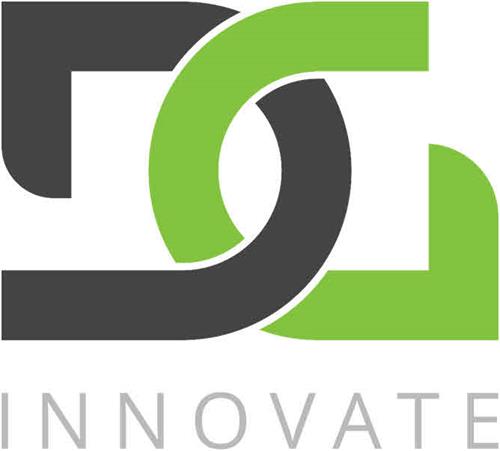Growing interest in sodium-ion battery technology is fuelled by the increasing global demand for new energy solutions. Compared to lithium-ion batteries, sodium-ion batteries hold strong competitive advantages in terms of resource availability, cost, safety, and cycle life. They also outperform in both high and low-temperature conditions, and offer superior fast-charging capabilities. These benefits make sodium-ion batteries promising candidates for various applications, including energy storage systems, electric construction machinery, and starter power, contributing to the broader goal of achieving a green economy and “dual carbon” targets.
Sodium resources are far more abundant than lithium. Sodium makes up 2.75% of the earth’s crust, while lithium accounts for just 0.0065%. Sodium resources are spread across the globe, whereas lithium resources are largely concentrated in the Americas, with China, the world’s largest lithium battery producer, holding only 6% of global lithium resources. The fluctuating price of lithium and the concerns over resource scarcity and energy security present ongoing challenges for companies and governments alike. Furthermore, sodium-ion batteries use cheaper aluminium foil for both positive and negative current collectors, whereas lithium-ion batteries require expensive copper foil for the negative collector.
Reducing costs in sodium-ion batteries depends on material advances. As industrialisation progresses and technology matures, consistency and stability in the supply of raw materials like electrolyte and hard carbon are expected to improve, further enhancing cost-efficiency.
Sodium-ion batteries provide several performance advantages, especially when compared to their lithium-ion counterparts. Although they have lower energy density, sodium-ion batteries excel in terms of resource availability, cost-effectiveness, safety, and longevity. Their superior performance in extreme temperatures is particularly noteworthy. While lithium-ion batteries can function between -20°C and 60°C, sodium-ion batteries operate effectively within a broader range of -40°C to 75°C. Even at -40°C, they retain over 80% of their capacity, solving key issues like the difficulty of charging electric vehicles in cold climates and the reduced efficiency of energy storage stations in such regions. Additionally, sodium-ion batteries have a longer cycle life, with the potential to reach up to 10,000 cycles, surpassing both lithium-ion and lead-acid batteries.
Safety is another critical strength. Sodium-ion batteries pass safety tests like needling and extrusion without catching fire or exploding, and their superior fast-charging abilities stem from sodium’s higher molar ionic conductivity, making them more efficient in energy storage and large-scale power applications. Given their longevity and safety, sodium-ion batteries are likely to play an increasingly prominent role in the energy storage sector.
Market data suggests a rising interest in sodium-ion batteries. By 2023, over 30 sodium-ion battery projects had been initiated, with a planned production capacity exceeding 260 GWh and total investments surpassing 114 billion yuan. Sodium-ion technology is highlighted in China’s “14th Five-Year Plan” as a key innovation for new energy storage. Already, nearly 500MWh of energy storage stations in China are utilising sodium-ion batteries, and projections indicate that by 2025, sodium-ion battery shipments for energy storage will reach 50GWh, rising to 420GWh by 2030.
The demand for sodium-ion batteries is not limited to energy storage. In the construction machinery sector, where electrification is becoming more cost-effective due to the decreasing life-cycle cost of fuel, sodium-ion batteries offer a compelling alternative. By 2025, it is expected that these batteries will begin to gain traction, with market penetration exceeding 8% and reaching 26% by 2030.
Sodium-ion batteries are also set to make an impact on the starter power supply market. Used for starting, ignition, and lighting in vehicles, ships, and aircraft, starter batteries must perform well in both high and low temperatures. Sodium-ion batteries, which have higher energy density, longer driving range, and better high and low-temperature performance compared to lead-acid batteries, are well-suited to these demands. The global market for starter power is substantial, with a potential replacement market for sodium-ion batteries estimated to be around 126GWh, representing a market value of over 60 billion yuan.
In addition to cars, the global motorcycle market presents further opportunities. With nearly 50 million motorcycles sold worldwide in 2022, sodium-ion batteries could replace lead-acid batteries in starter systems, creating a market space of around 11.5GWh, valued at 6 billion yuan.
DG Innovate plc (LON:DGI) is an advanced research and development company pioneering sustainable and environmentally considerate improvements to electric mobility and storage, using abundant materials and the best engineering and scientific practices. Deregallera is a subsidiary of DG Innovate.


